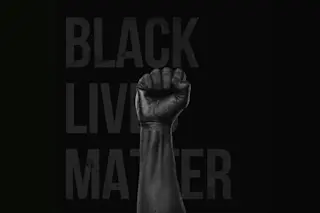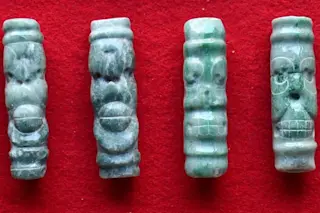This article appeared in Discover’s annual state of science issue as “Black in Academia.” Support our science journalism by becoming a subscriber.
In May, the killing of George Floyd brought a harsh reality to the forefront of conversations worldwide: Racism permeates every aspect of society. And science, as part of society and my own profession, is not immune. Social media movements in 2020 such as #BlackInTheIvory and #BlackBirdersWeek urged the scientific community to take a hard look at the racism that lies within its walls, as revealed by its own community members. Thousands of Black scientists took to Twitter, Facebook and beyond to share personal stories of prejudice, stereotyping and discrimination faced throughout their careers. These experiences have had devastating consequences for their mental health, professional success and, ultimately, willingness to stay in their fields.
Racism in science is nothing new. For centuries, science has been a foremost tool used ...















